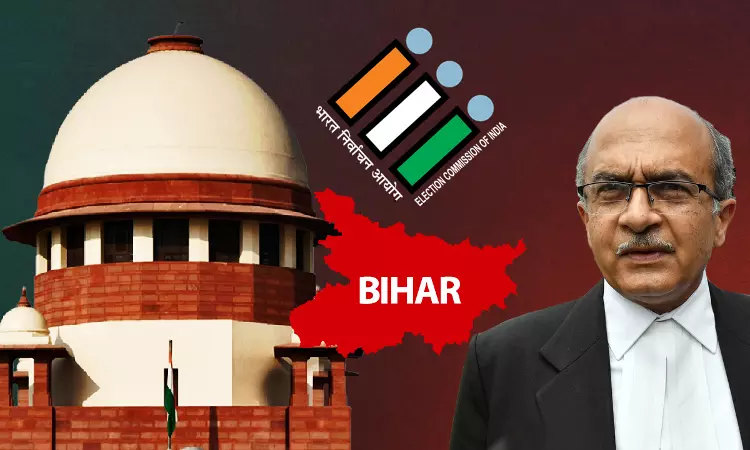Governors as Ceremonial Heads: Time to Act
Governors as chancellors do more harm than good in universities
In the architecture of our democracy, governors were envisaged as constitutional guardians figures who uphold the spirit of the Constitution above the fray of party politics. Yet, too often, their role has been reduced to ceremonial gestures, ribbon cuttings, and scripted speeches, while the pressing needs of the states they represent go unattended. This is a disservice not only to the offices they hold but to the citizens they are meant to serve.
The Constitution grants governors a delicate but important balance of symbolic authority and real influence. In practice, however, political patronage, partisanship, and overreach by the Centre have weakened their moral standing. When governors are seen merely as extensions of the ruling party, their ability to act as impartial arbiters collapses. The resulting erosion of public trust damages the very federal structure our nation depends on.
It is time to restore dignity and relevance to the post. Governors must reclaim their constitutional duty to safeguard state interests, question excesses of power, and uphold democratic norms without fear or favour. Equally, the Union must respect the autonomy of the office, resisting the temptation to use it as a political instrument.
The Supreme Court of India’s strong censure of Tamil Nadu Governor R.N. Ravi in April seems to have done little to slow down the collision course that many Governors have been on with the respective State governments. Not only did the Court rule against the Governor casting a de-facto veto on 10 Bills relating to universities passed by the State legislature but it also specified timelines for the Governor’s response to Bills. Importantly, it declared infructuous any Presidential intervention based on the Governor’s recommendation. Last week, Mr. Ravi had referred the Kalaignar University Bill to the President instead of giving it his assent. In Kerala, Governor Rajendra Vishwanath Arlekar has kicked off yet another controversy after directing State-run universities to observe a ‘Partition horrors day’ on August 14, 2025, drawing criticism about possible ideological and communal motives. His predecessor, Arif Mohammed Khan, had also locked horns with the government, sitting on and practically vetoing Bills especially relating to universities. The Court’s line has been de-facto challenged by the President, but through a reference. State-owned universities have become the key battlegrounds in the Governor-State government conflicts. They are among the few institutions over which the Governor has a direct say. As scholars point out, the office of the Governor was a colonial mechanism of control over provinces that may be ruled by Indian parties. That the universities had British Governors as their ceremonial heads, or rather Chancellors, was to bring colonial prestige and ensure their autonomy and importance. India’s early national-level leaders retained the Governor as a central appointee to guard against separatist tendencies. It appears that legislation in many States retained the role of Governors as Chancellors of State-run universities to give them the same colonial veneer and aura. Even a Tamil Nadu Bill that had sought to minimise the Governor’s role in Vice-Chancellor appointments did not seek to remove the Governor as Chancellor of the university. In Kerala and Tamil Nadu, the Governors are central proxies with a hostile political and ideological agenda. Meanwhile, draft UGC regulations seek to divest State governments of their role in the selection of the Vice-Chancellor, vesting all powers in the Chancellor. But the thrust of the National Education Policy 2020 has been towards greater autonomy for educational institutions. Universities are expected to raise funds and be accountable for spending. A university head’s role is expected to be not just academic and administrative but also that of a business manager, cheerleader and fundraiser. It may make sense to have professionals become the ceremonial as well as executive heads of universities, replacing Governors.














Post Comment